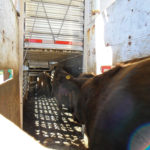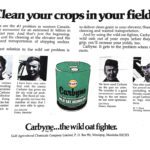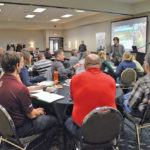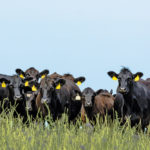A new study suggests global greenhouse emission calculations have overlooked an important aspect of the agricultural sector. Emissions, especially of the key gas nitrous oxide, may in fact be about 17 to 28 per cent greater for cultivated soils frozen in winter than currently thought. Mario Tenuta, professor in applied soil ecology at the University












